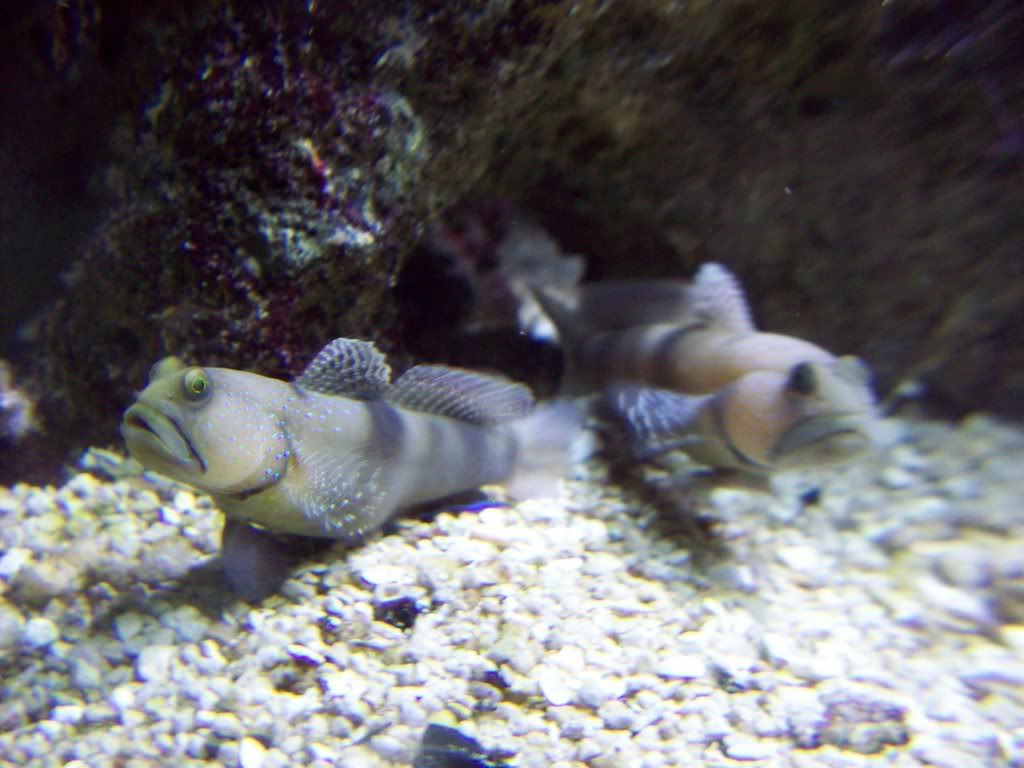- Location
- The Big City
I agree. Also, i bet there are some knee jerk reactions with some reefers when they first spot ich that you wouldnt see with a veteran reefer.
The thing is an experience person would most likely know what to do when they see Ich, and probably react right away before the problem gets out of hand. And an understanding of how to treat also makes a big difference, which someone that has a lot of experience would know better than some that doesn't. It's just like with everything else, you would expect someone with more experience to have better insight than someone that doesn't. Also, an experience person would probably have a better understanding in picking out fish and QT them before placing them into their tanks to start with.
It took alot for me to listen to what people told me... "dont do anything, keep your params perfect, feed well, soak food in selcon/zoe/garlic.... you'll be okay" Everyone i spoke to told me the same thing. Meanwhile the "official" word was 6 weeks fallow main tank and hyposalinity QT.
Unfortunately feeding garlic and all those other things don't work in killing the ich, as if they did you would find very few loses from ich, as most people don't do anything outside of feeding. In the end you'll find more than not the vast amount of people lose fish by either doing these things or doing nothing. Once again, the people that lose fish you never hear from, and those people vastly out number the people who have fish make it. All those thing that you mention, 6 week fallow, Hyposalinity, QT and copper do work in ridding your fish and tank of ich, but you do need to apply them correctly. And you also need to make sure that you have ich in the first place, something that isn't always clear cut when diagnosing the problem.
During this time i wanted hyposalinity, i wanted cleaner shrimps, qt, fallow, water changes, raise temp, lower temp, lower salinity just a hair, Lower it more, remove certain fish, add others.... etc etc.... knee jerk reactions. And who knows how many deaths because of it.
These maybe knee jerk reactions, but these are reactions to a situation that could, and in most cases can, be deathly to your fish. The thing is you need to determine which of these things work, and which don't work. If you apply the ones that work, and do it correctly, which is a major thing that is needs to be done, they will work and you shouldn't lose any fish, though nothing is guaranteed, then again nothing never is.
If i had the most deadly strand of ich i'd probably be saying something completely different right now. :0)
If it were'nt for the veterans that told me dont worry you'd be fine, i may have killed all my fish before the ich did. :0l
Probably not, especially if you applied the method that work, and applied them correctly. I would bet that you'll find more people lose fish by doing nothing, or not treating, then people that treat the problem. In the end, if it was that easy to get rid of ich it wouldn't be a problem at all, especially if all it takes is to feed them garlic and have good water conditions. Unfortunately it's not that easy and ich has been, and still will be, a major problem in people tanks.
On what Paul say, I think part of old tanks surviving, or not losing all their fish to ich, has do to with a couple of things. I think first the person is more experienced and has a better understand of what to do, and how to treat when something does happen, over say some that is a newbie. Second, and this mostly applies to reef tanks, is that a tank running that long will most likely have organisms that will feed on some of the ich spores, which can keep outbreaks in check some what. Similar in an older tank you will most likely have fish that have been kept for years and are very hardy. They probably have a better chance of fighting off the ich than fish that are newer. There was a strain a number of years ago that was pretty deadly, and wipe out a number of people tanks very fast, which included fish that had been kept for years, then again who knows if it was even ich to begin with.
Last edited:






